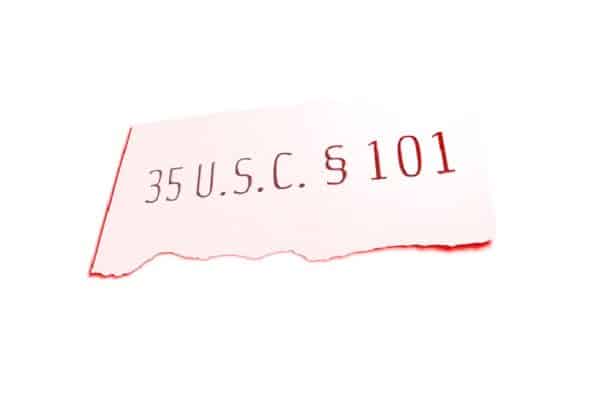Speaking at the 16th Annual World Congress Summit on Protecting Innovations in the Financial Services Industry in July, U.S. Patent and Trademark Office Director Andrei Iancu said that the agency’s new guidance to examiners on patent subject matter eligibility under Section 101 is “working really well” and resulting in fewer eligibility rejections. That guidance can be found here. Director Iancu also noted, however, that uncertainty remains about how courts handle the same issue. USPTO examination policy applies only to the activities of US patent examiners, and not to the law applied by Courts – only legislation and case law provide the standards applied by judges.
Contrary to the more focused approach currently being applied by the USPTO, Courts are applying a very broad interpretation of what constitutes an “abstract idea” to dismiss lawsuits during the pleadings stage. For example, a Federal Circuit judge, sitting in Delaware federal court, declared certain technology used for mobile dating apps too abstract for patent protection. As another example, a District Court in the Northern District of California dismissed an individual’s case against Apple, Inc. on the grounds that claims directed to physical structure and functions in a digital camera are not patent eligible.
As the USPTO and Courts are applying different standards, legislative approaches to changing the law applicable to Section 101 are under discussion. In 2018, the Intellectual Property Owners Association (IPO) provided a proposal for legislative amendments to 35 U.S.C. § 101 to Director Iancu. This summer, a group of US Senators and Representatives released the draft text of a Section 101 reform proposal. The Senate and House are currently scheduled to pick up the issue of changes to 35 U.S.C. § 101 when the August recess concludes. While there is no guarantee that changes to 35 U.S.C. § 101 can be agreed on and pass both the House and Senate, a legislative fix may be the only solution to the varying standards being applied by the USPTO and the Courts.

